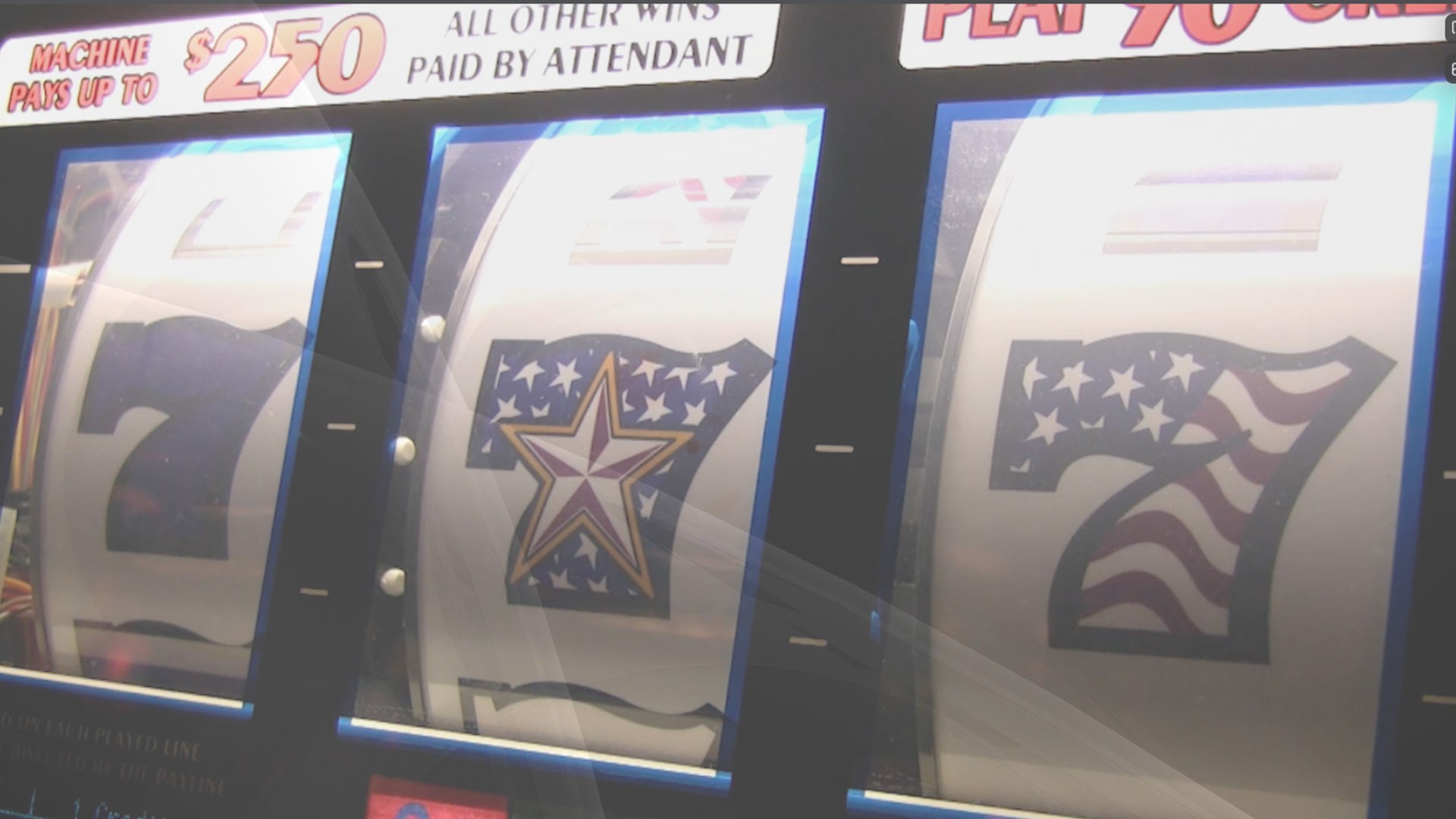The Psychology of Gambling
Today, we are going to dive into some very interesting psychology behind gambling. As a fan of Vegas Aces, chances are you have asked yourself or been asked these questions: “Why is it sometimes so hard to step away from a slot machine or a table game even while losing?” “Why am I always one symbol away from hitting the jackpot?” “Why does the slot machine blink and sing after almost every hand yet I am still not ahead?”
You are not alone. Behind these questions lie the psychological sciences the casinos use to attack our wallets, and today I am going to unveil three psychological tricks for you.
1. Variable Interval Reinforcement Schedule (Sometimes called Variable Ratio Schedule of Reinforcement)
If you ever took an introductory psychology course, you likely have heard of Prof. B.F. Skinner. He was a psychologist and behaviorist who looked at how behavioral responses were established and strengthened by different schedules of reinforcement. For instance, a rat in a cage trained to press a lever to earn a food pellet or a reward, might realize that it gets one food pellet for every three presses. This would be an example of a fixed interval reinforcement schedule.
A variable ratio reinforcement schedule, however, is one that some reward is given, after an unpredictable number of actions. In the same rat experiment from above, researchers randomized the intervals between each reward, so the rat couldn’t know how many presses of the lever are needed for the next food pellet. Sometimes it is one, others it could be five, or 15. The rat soon learns that the faster it pushes the lever though, the sooner it will get the next pellet.
Does this sound eerily familiar? In casinos, slot machines pay off on a variable-ratio schedule—that is, after an unpredictable number of tries, the player never knows when the reward will happen, so he keeps hitting the button, just like the rat keeps pressing the lever. This variable ratio reinforcement schedule compounded with differing sizes of prizes is one of the most powerful weapons casinos apply to glue you to your seats.
One more finding is that the reaction spurred by variable ratio schedules could extend for a very long time. In the case of the rat, the rat still pushes the lever frequently for an extended period even after the researchers have long stopped giving pellets.
2. The “Almost Win” or Near Miss
An “Almost Win” or a “Near Miss” is when the slot machine wheels almost line up for a big jackpot. For nearly 70 years, researchers believed that these near-miss events give an extra bump of dopamine to our midbrain. The spiked activity is strong enough to serve as a reward, thus keeping us gambling. Prof. Skinner once said “the ‘almost win’ is just as rewarding as a ‘win’”
Casinos and slot manufacturers know this psychological flaw of ours well, and they spare no efforts in artificially creating these “near-miss” events in our playing sessions. This is called Virtual Reel Mapping where background programs generate exciting “near-miss” screens. Some jurisdictions allow virtual reel mapping as long as the overall odds are still random and compliant, so if you are playing in one of these jurisdictions and get a screen full of sevens or raging buffalos except the second or third column, odds are this is a faked near miss, and in fact you were not close to a big payout at all.
Scratch lottery tickets apply this trick too. Designers put more winning symbols on the left side and less on the right so when players scratch the tickets, they are more likely to see the winning symbols first till their hope gets dashed at the end with an “almost win”. The excitement and suspense created are usually enough to propel the players to purchase more tickets.
3. Disguises
Have you ever got confused by the various symbols and fancy features on a slot machine? Have you noticed that slot machines are getting increasingly more complicated, and the game info tabs always fail to explain the intricacies no matter how long they are?
Maybe they are made this way on purpose. Many slots are marketed as “penny machines” but they have so many pay lines in each spin which enable or sometimes require players to wager 75, 150, or up to 600 units per spin! This means a player can win on some lines while losing on others, netting less than the original wager. Even when you “win,” you don’t come out ahead, a phenomenon known as “losses disguised as wins.” Yet any tiny win comes with the lights and sounds of victory. All of these are acts to create confusion and even an illusion that you are winning.
There are other forms of intentional confusion. For example, slot machines translate dollars into credits after your bills are accepted and after a while, it might be tough to know how much you are actually betting and how much money you have left. Casinos also use words like “bonus” or “win” very loosely. As mentioned above, a “win” might be actually a loss, and an exciting “bonus” may just be a big win on one pay line which is not enough to compensate for losses on all other lines/bets.
That wraps up the three powerful psychological tricks the casinos apply to keep players engaged as long as they can.
Related Article Archives
Related Articles
5 Steps to Teach your kids Math
Posted Oct 24th, 2024
Daily Habits to Become a Better Player
Posted Nov 18th, 2024
Effective Tips for Winning at Casino Card Games
Posted Feb 17th, 2025
How to Build a Betting Bankroll and Manage Risk in India
Posted Apr 16th, 2025
Best Card Games For Big Groups: Card Games To Play With 10 People
Posted Apr 23rd, 2025
Beyond Luck: The Rise of Skill-Based Gambling in the Digital Era
Posted May 1st, 2025

